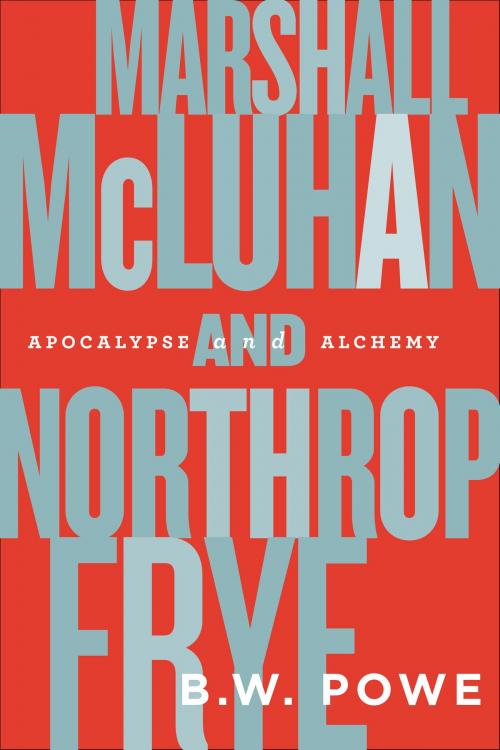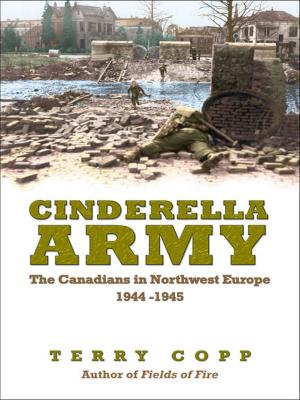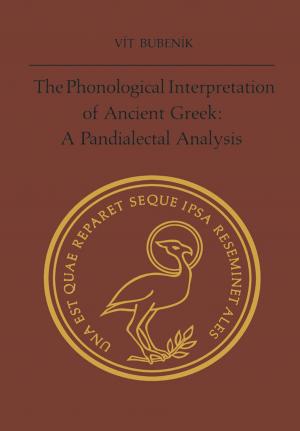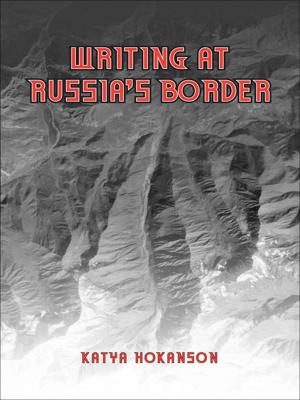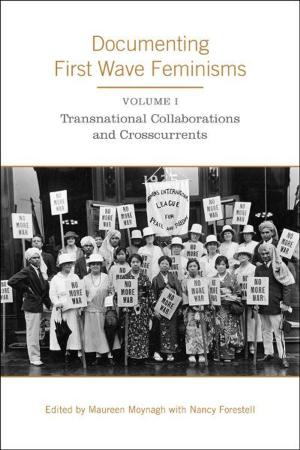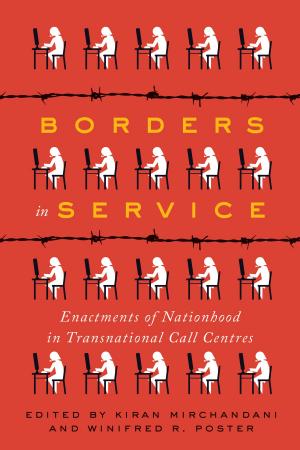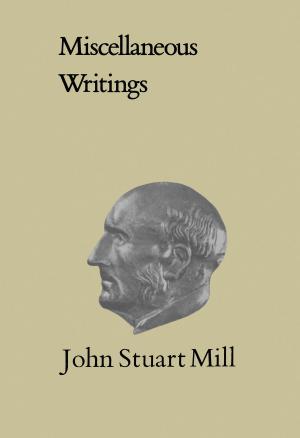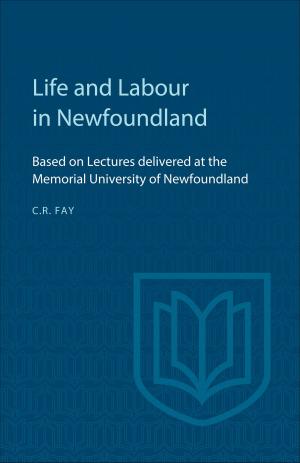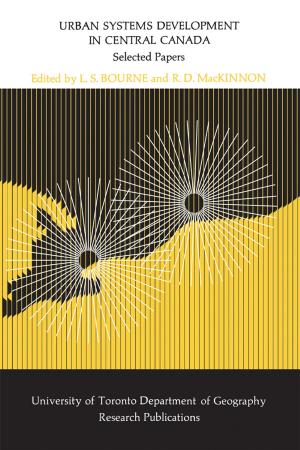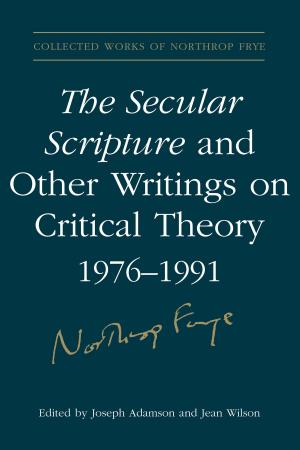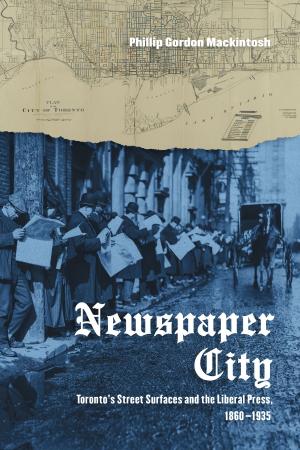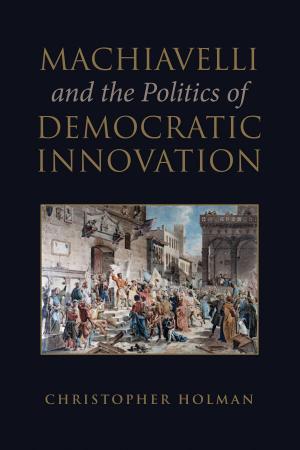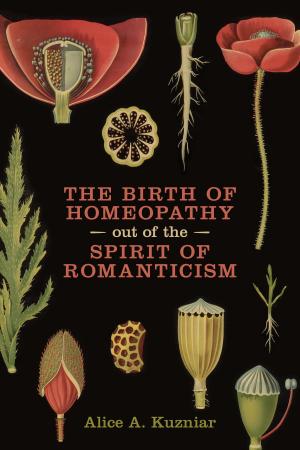Marshall McLuhan and Northrop Frye
Apocalypse and Alchemy
Fiction & Literature, Literary Theory & Criticism, Canadian, Biography & Memoir, Literary| Author: | B.W. Powe | ISBN: | 9781442669987 |
| Publisher: | University of Toronto Press, Scholarly Publishing Division | Publication: | April 30, 2014 |
| Imprint: | Language: | English |
| Author: | B.W. Powe |
| ISBN: | 9781442669987 |
| Publisher: | University of Toronto Press, Scholarly Publishing Division |
| Publication: | April 30, 2014 |
| Imprint: | |
| Language: | English |
Marshall McLuhan and Northrop Frye are two of Canada’s central cultural figures, colleagues and rivals whose careers unfolded in curious harmony even as their intellectual engagement was antagonistic. Poet, novelist, essayist and philosopher B.W. Powe, who studied with both of these formidable and influential intellectuals, presents an exploration of their lives and work in Marshall McLuhan and Northrop Frye: Apocalypse and Alchemy.
Powe considers the existence of a unique visionary tradition of Canadian humanism and argues that McLuhan and Frye represent fraught but complementary approaches to the study of literature and to the broader engagement with culture. Examining their eloquent but often acid responses to each other, Powe exposes the scholarly controversies and personal conflicts that erupted between them, and notably the great commonalities in their writing and biographies. Using interviews, letters, notebooks, and their published texts, Powe offers a new alchemy of their thought, in which he combines the philosophical hallmarks of McLuhan’s “The medium is the message” and Frye’s “the great code.”
Marshall McLuhan and Northrop Frye are two of Canada’s central cultural figures, colleagues and rivals whose careers unfolded in curious harmony even as their intellectual engagement was antagonistic. Poet, novelist, essayist and philosopher B.W. Powe, who studied with both of these formidable and influential intellectuals, presents an exploration of their lives and work in Marshall McLuhan and Northrop Frye: Apocalypse and Alchemy.
Powe considers the existence of a unique visionary tradition of Canadian humanism and argues that McLuhan and Frye represent fraught but complementary approaches to the study of literature and to the broader engagement with culture. Examining their eloquent but often acid responses to each other, Powe exposes the scholarly controversies and personal conflicts that erupted between them, and notably the great commonalities in their writing and biographies. Using interviews, letters, notebooks, and their published texts, Powe offers a new alchemy of their thought, in which he combines the philosophical hallmarks of McLuhan’s “The medium is the message” and Frye’s “the great code.”
